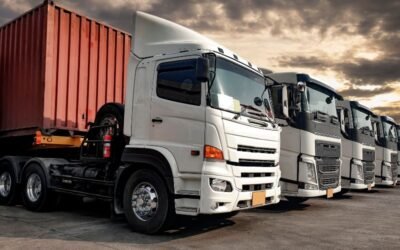The unexpected incident might strike you while driving. Knowing the differences between accident towing and emergency towing services will help you much in handling any kind of accident, breakdown, or collision. Making wise selections in trying circumstances depends on Australian automobile owners knowing these services.
Understanding Towing Services
Any moment might bring accidents and automobile difficulties that leave drivers stranded and in need of aid right away. Under such circumstances, towing services in Parramatta or any other region prove to be really helpful. Not all towing services, meanwhile, are the same. Two separate services that meet various kinds of events are accident towing and emergency towing. This blog compares the two, their particular uses, and how they operate, therefore guiding your selection of the appropriate service when most needed.
What is Accident Towing?
Designed especially to manage circumstances if a car has been involved in a collision or any other type of road accident, accident towing services in Liverpool or any other area in Australia are usually controlled by state legislation; these services need specialised training, licences, and equipment.
Purpose of Accident Towing: Accident towing mostly serves to safely remove a car from the incident scene. Handling damaged cars, guaranteeing the safety of the nearby neighbourhood, and liaising with police and paramedic staff might all be part of this. By helping other cars to clear the road, accident towing also lessens traffic congestion and avoids more accidents.
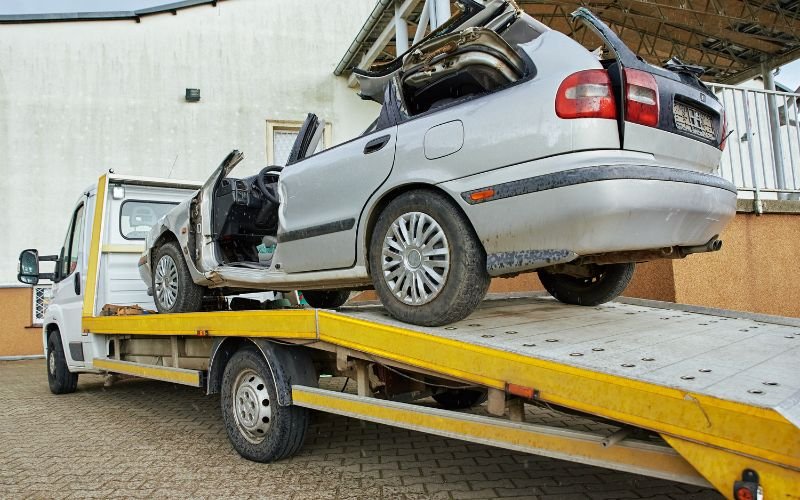
Key Features
Regulated by State Authorities
Accident towing is under great control in Australia. For instance, accident towing firms in Sydney, Victoria have to be licenced and abide by stringent policies concerning safety, equipment requirements, and pricing.
Specialised Equipment
To handle seriously damaged vehicles—flatbed tow trucks, cranes, or winches—accident towing sometimes calls for heavy-duty equipment.
Professional Training
Drivers and operators engaged in accident towing have specific training to manage challenging accident scenes and possibly dangerous chemicals (fuel leaks).
Coordination with Emergency Services
Working closely with police, fire departments, and medical services, accident towing companies typically help to guarantee efficient management of the accident scene.
Costs and Insurance
Generally speaking, automobile insurance policies include accident towing services—especially if you have comprehensive insurance. Drivers should always review their insurance policy, nevertheless, to learn the restrictions and requirements around towing following an accident.
What is Emergency Towing?
Most vehicle insurance policies—especially complete coverage—will cover towing services should an accident strike. Drivers should nonetheless check their insurance policy for specifics on the restrictions and limits of towing services in case of an accident.
Purpose of Emergency Towing: Emergency towing services mostly aim to transport a non-running automobile to a repair facility or a safe place. Regarding technical problems, accident towing is less important than emergency towing in terms of solution search.
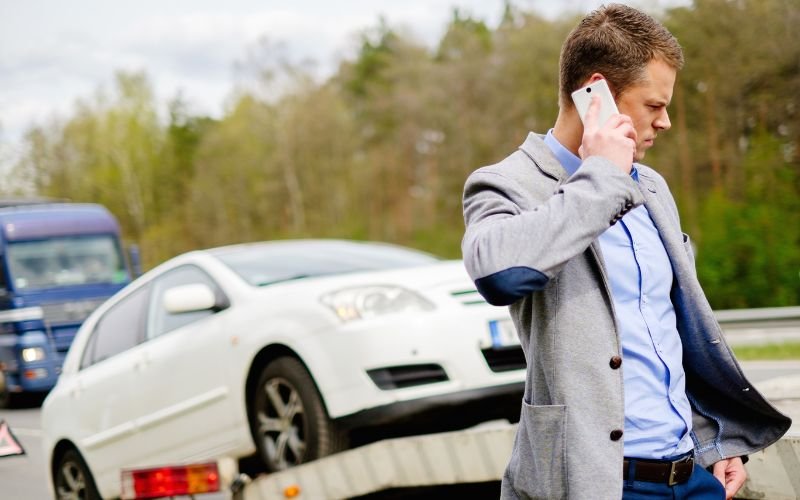
Key Features
Roadside Assistance Integration
Sometimes more complete roadside assistance programmes incorporate emergency towing in addition to fuel delivery, tyre replacement, and battery jump-starting.
Flexibility
Since they can manage a wide spectrum of events, from engine problems to lockouts, stranded drivers have a varied option in emergency towing services.
Non-regulated Services
Since emergency towing is less carefully regulated than accident towing, consumers should expect a wide range of rates and service standards from different companies.
Availability
Due to emergency towing services, which are usually available around-the-clock, help might be immediately obtained in case of a breakdown.
Costs and Insurance
A lot of insurance policies and car clubs offer emergency towing services in their roadside assistance packages, which might be expensive. Be sure to read the fine print before committing to any emergency towing coverage offered by a credit card or auto warranty.
Key Differences Between Accident Towing and Emergency Towing
Although both accident and emergency towing companies try to help drivers in need, the situations in which they are utilised and the type of services rendered differ greatly.
Nature of the Incident
Accident Towing: Designed especially for road-accident involving cars.
Emergency Towing: For non-collision-related breakdowns or emergencies like mechanical problems or car lockouts, emergency towing
Regulation and Licensing
Accident Towing: Most Australian jurisdictions have highly controlled, strictly regulated accident towing under close government supervision.
Emergency Towing: Less controlled, with greater freedom in service choices and price, emergency towing.
Equipment and Training
Accident Towing: Handling damaged automobiles and difficult accident situations calls for certain tools and expertise in accident towing.
Emergency Towing: Usually involving regular towing equipment for non-damaged automobiles, emergency towing focuses on delivering the vehicle to a repair facility or secure area.
Coordination with Emergency Services
Accident Towing: Often involves working closely with police, fire, and medical services to manage the scene of the accident.
Emergency Towing: Generally does not require coordination with emergency services, as the incidents are less severe.
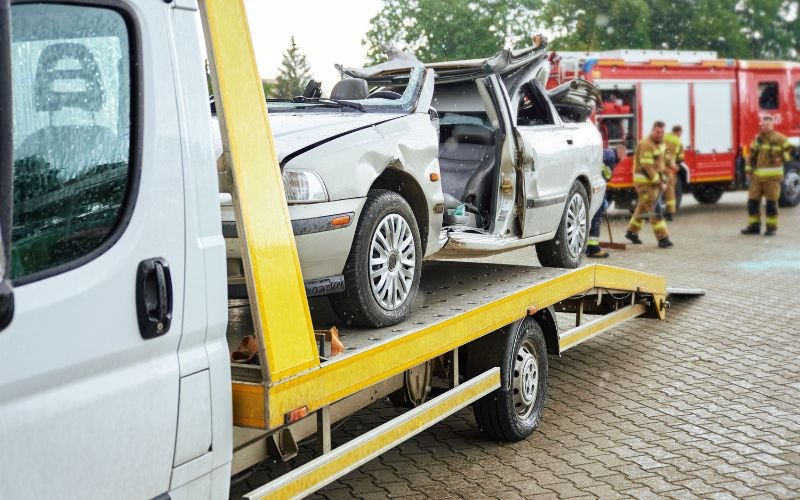
Insurance Coverage
Accident Towing: Usually covered by auto insurance policies, especially comprehensive coverage.
Emergency Towing: Often found in roadside aid packages, car warranties, or provided by auto clubs.
When Should You Use Accident Towing?
Whether your car collides in a tiny fender bender or a large incident, accident towing is required. If you need an accident towing service, consider:
- Following the collision, your vehicle is not drivable.
- The cops ask that your car be hauled from the site.
- Your car is posing a traffic danger.
It’s important to know that only authorised accident towing companies can tow automobiles from the scene of an accident in Australia. Using a standard towing company runs the risk of penalties or insurance claim issues.
When Should You Use Emergency Towing?
If your car break down or develop a technical problem rendering driving dangerous or impossible, emergency towing is the appropriate option. Typical events calling for emergency towing include:
- Mechanical breakdown or engine failing.
- Flat tyre without a spare or changeable capability.
- Dead battery, especially if you cannot jump-start the automobile.
- Running out of gasoline at an inconvenient or dangerous spot.
Emergency towing is meant to bring your automobile to a safe location or service centre where repairs might be done.
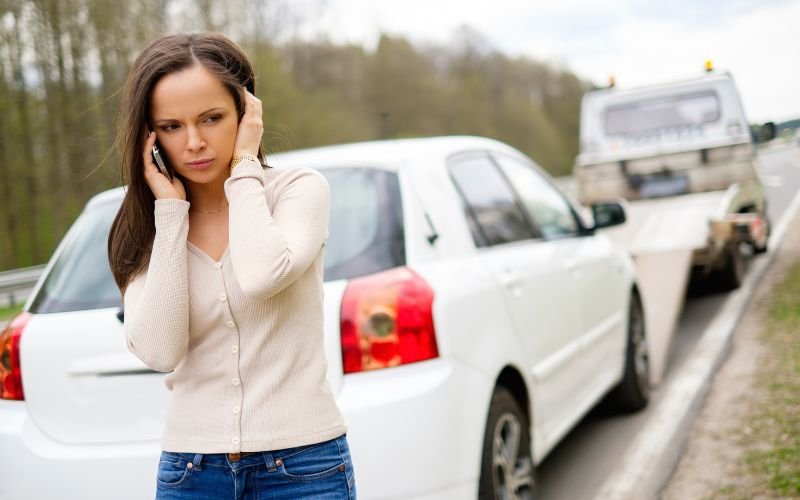
Choosing the Right Service Provider
There are several towing service companies in Australia, each providing varied degrees of quality. When deciding between emergency towing and accident towing, weigh the following:
- Service Availability: Make sure the towing service you decide on can react fast to your circumstances and runs in the vicinity where you live.
- Experience and licencing: Make sure the supplier of accident towing is licenced and has background managing accident sites. For emergency towing, choose a supplier known for reliability and speed.
- Insurance Coverage: Find out from your insurance company or roadside assistance programme what services are covered as well as any limits or out-of-pocket expenses.
- Costs: Depending on your coverage, emergency towing might include fees even if your insurance would cover accident towing. Knowing the fee structure up front is crucial, particularly if you do not participate in a roadside assistance programme.
Conclusion
All Australian automobile owners should be aware of the variations between emergency and accident towing services. Knowing when to apply each service and what to expect will enable you to better control demanding circumstances. Whether you are handling a roadside emergency or an accident, being ready with the correct knowledge guarantees that, should it become most important, you can make wise judgements.



